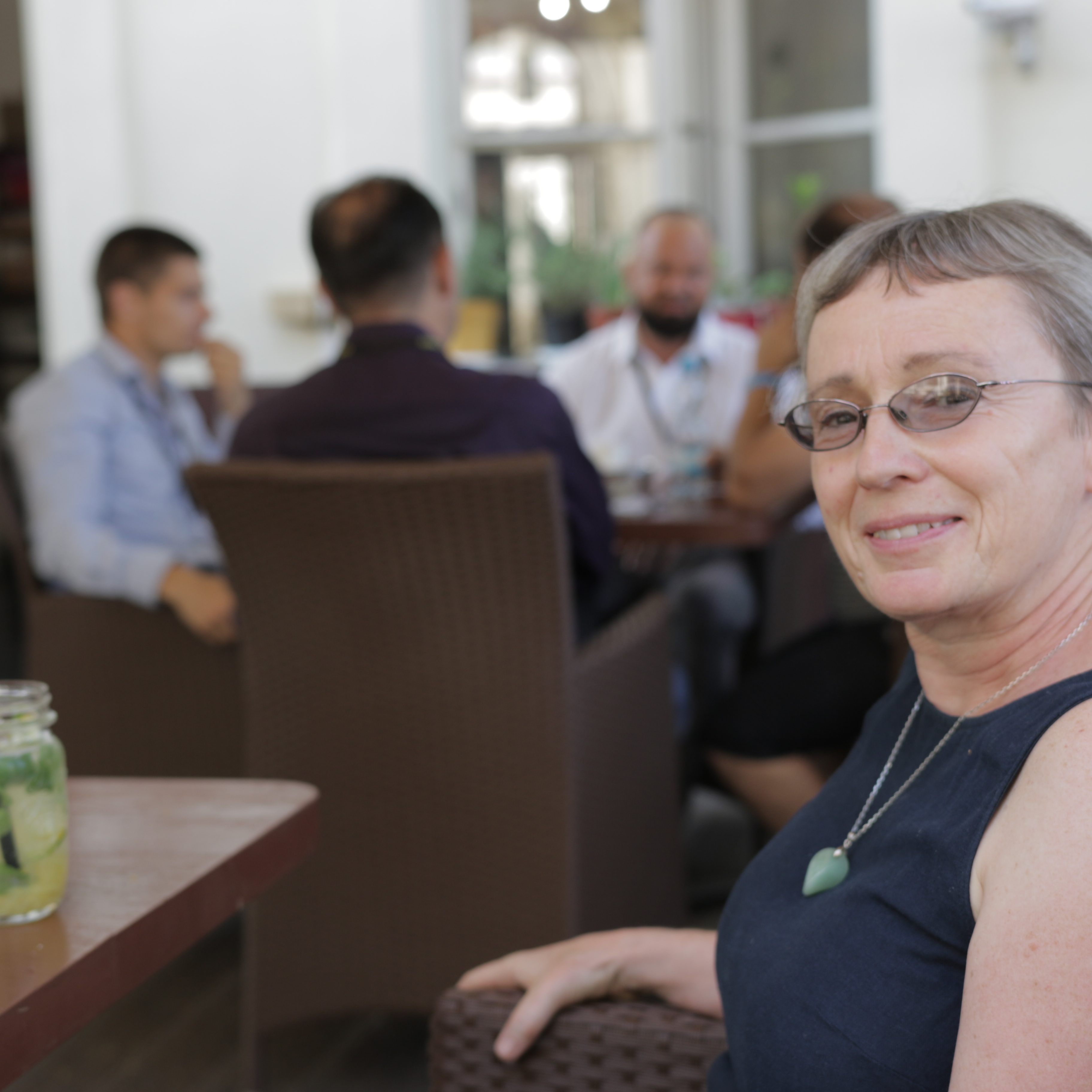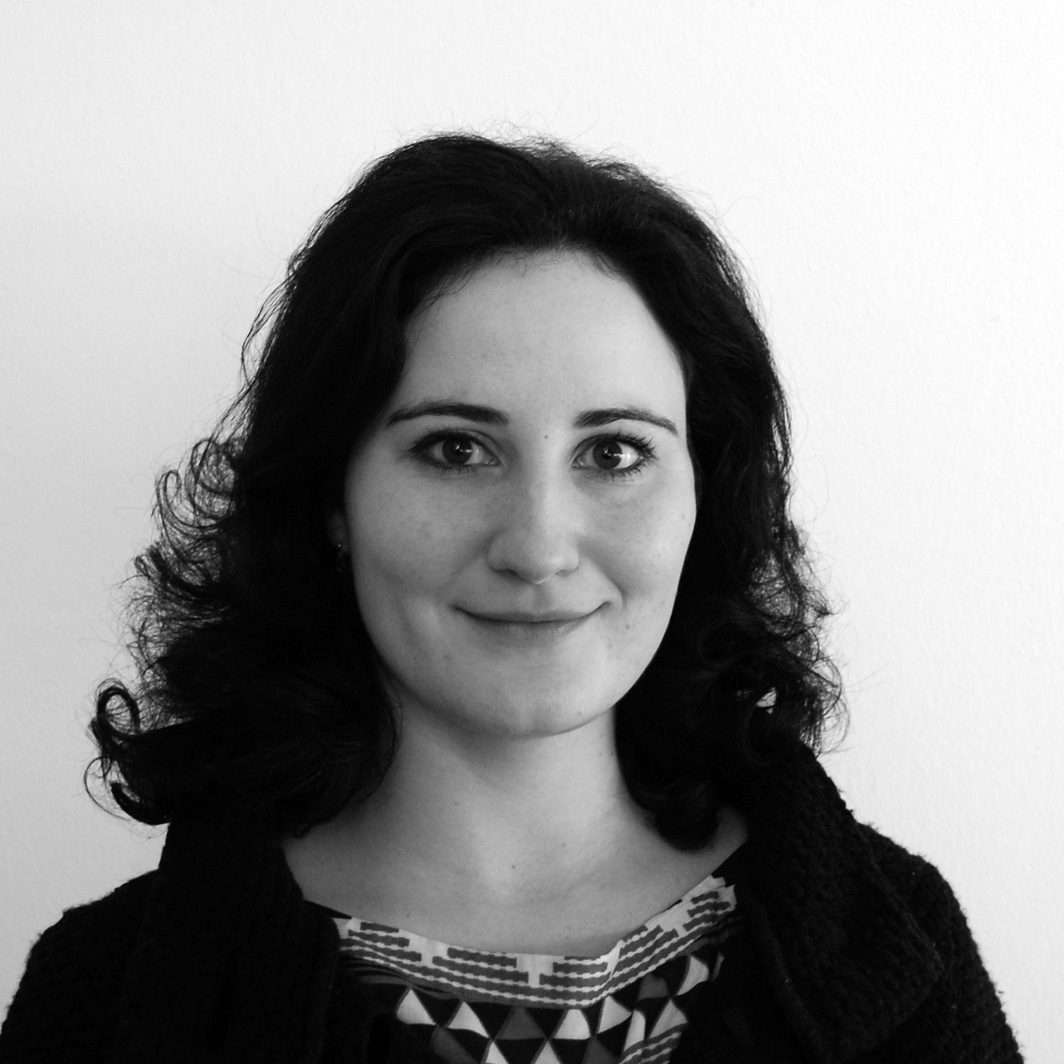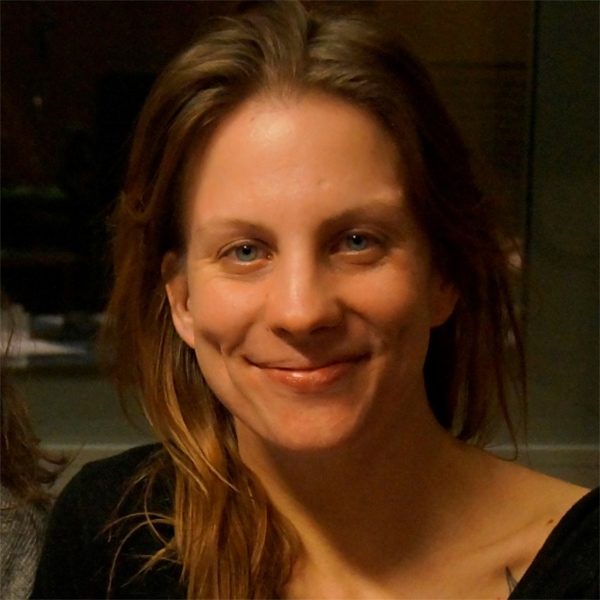The term ethnomusicology has been in use since 1950, when it was used by Jaap Kunst in the subtitle of his famous book on the subject, and since then it has been used to mean many things: the comparative study of music, the study of non-European music, or research into European musical folklore. In recent decades, however, an emphasis on the aspect of method has predominated the mainstream of this scholarly field, i.e., on HOW research is performed, as opposed to emphasizing WHERE it is performed. The Harvard ethnomusicologist Kay Kaufman Shelemay summarizes this as follows:
Ethnomusicology combines the study of music with the approaches and methods of anthropology.
The website www.etnomuzikologie.eu espouses this concept as well.
We want to aid those who are interested with, on the one hand, acquiring basic information about the musical traditions of the world and how ethnomusicology describes and recognizes them, and who are also interested, on the other hand, in ethnomusicological activities, publications, study opportunities, etc. We believe that for those interested, this field, which investigates the relationship between human culture and its sonic identity – music – will be just as fascinating as it is to us.
About us
doc. PhDr. Zuzana Jurková, Ph.D.
Zuzana Jurková (1961) graduated in ethnology and musicology at Charles University’s Faculty of Arts and from the Music Conservatory in Brno. She is the head of the Ethnomusicology Institute at Charles University’s Faculty of Humanities, focusing especially on the study of minority music, above all in Central Europe (Voices of the Weak 2009, Sounds from the Margins 2013). Her specializations are Romani music (about which she has published extensively and was awarded a grant by the Open Society Foundation in 1996–1998), the history of Czech ethnomusicology (Ph.D. 1996, Fulbright scholarship to Bloomington, Indiana, USA 1998), and in recent years also urban ethnomusicology (Pražské hudební světy [Prague’s Musical Worlds], Karolinum 2013).

Mgr. Veronika Seidlová, Ph.D.
Mgr. Veronika Seidlová, Ph.D. (1981) is an assistant professor at Charles University’s Faculty of Humanities, where she teaches anthropology and ethnomusicology. Her doctoral thesis, Cesta mantry z Indie do Čech [The Journey of Mantras from India to Bohemia]and her contribution to the ethnography of globalization and music are based on field research in multiple locations. She is the author of many expert publications, e.g., the audiotextual Zapomenutý hlas Jeruzalémské synagogy v Praze [Forgotten voice of the Jerusalem Synagogue in Prague], issued by the Jewish Museum in Prague and the Fonogram Archive of the Austrian Academy of Sciences. From 2008 through 2010 she was the curator and head of the Center for the Documentation of Popular Music and New Media at the National Museum’s Czech Museum of Music (e.g., the exhibition Beatlemania!).

David Verbuč, M.A., Ph.D.
David Verbuč (1975) completed the doctoral study program in ethnomusicology at the University of California, Davis in the USA. His dissertation, “Living Publicly”: House Shows, Alternative Venues, and the Value of Place and Space for American DIY Communities (2014), is an anthropological study of do-it-yourself (DIY) communities, their music events and scenes in the United States. Before beginning his Masters’ studies in 2008 he worked as a music journalist for different media outlets in Slovenia (Radio Študent, Ljubljana, Nova Muska, Mladina, Odzven). In 2008 he issued a double CD of his own field recordings in the Savinja Valley regions of northern Slovenia (Gorših ljudi na svetu ni: terenski posnetki ljudskih pesmi iz Zgornje Savinjske doline / There are No Finer People in the World: Field Recordings of Folk Songs from the Upper Savinja Valley). He currently works as an assistant professor at Charles University’s Faculty of Humanities.

Mgr. Alena Libánská, Ph.D.
Alena Libánská (1985) is a researcher at Charles University’s Faculty of Humanities. She is the coordinator and designer of the research project of the Technology Agency of the Czech Republic Můžeme hrát spolu [We Can Play Together] (2018-2020). She graduated from the doctoral and Masters’ department of General Anthropology at the Faculty of Humanities, during which she spent a year at the University of Nanterre in France. Her areas of interest are applied anthropology and research about imagination and stereotypization when creating music (dissertation: Česko-balkánský kontrapunkt [Czech-Balkan Counterpoint], defended 2018). She has published two of her own CDs of applied ethnomusicology: Balkanitky (by the Džezvica band) and Čaje šukarije (by the Jezinky band). She works at the Faculty of Informatics of the Czech Technical University in Prague and at Charles University’s Faculty of Humanities.
